Zimbabwe's central bank is stepping up efforts to build up foreign currency reserves in preparation for a planned transition to a mono-currency regime by 2030, Reserve Bank of Zimbabwe (RBZ) Governor John Mushayavanhu has said.
In an exclusive interview, Mushayavanhu revealed that the country's official reserves had reached US$731 million by the end of June 2025 - a significant rise from US$270 million recorded just three months earlier. This figure now represents nearly one month's import cover, up from just 0.4 months a year ago. However, it remains below the Southern African Development Community (Sadc)'s recommended six-month benchmark and the international minimum of three months.
Zimbabwe, which currently operates under a multi-currency system dominated by the US dollar and the recently introduced ZiG currency, is targeting stronger buffers to support the reintroduction of a local currency as sole legal tender in five years' time.
"The international benchmark for import cover is three months, and the Sadc benchmark is six months," Mushayavanhu said. "However, these benchmarks apply to mono-currency economies. In countries with multiple currency systems, economic agents - individuals and corporates - already hold foreign currency in their accounts, which are treated as free funds and used to support imports."
Approximately 95% of Zimbabwe's import payments are currently funded through private foreign currency accounts (FCAs), with the central bank only intervening occasionally to bridge supply-demand gaps. Nonetheless, the RBZ is determined to build up official reserves, in line with global norms, ahead of the 2030 shift.
"As the country moves towards mono-currency by 2030, the central bank is building adequate foreign reserves to align with international benchmarks," the governor said.
One of the tools the RBZ is leveraging to store value and bolster reserves is the issuance of gold-backed digital tokens (GBDTs). To date, 942.8 kilogrammes worth of GBDTs have been issued, and about 196.6kg (US$21.2 million) remain outstanding as of mid-July following significant redemptions.
On the physical side, the RBZ has issued approximately ZiG338 million in currency notes, backed by more than US$700 million in reserves. This, Mushayavanhu said, provides a cover of over 20 times the amount of currency in circulation and outstanding GBDTs.
He stressed that the RBZ has a comprehensive reserves accumulation strategy to build foreign currency and gold holdings to a minimum of three to six months' import cover by 2029.
Foreign exchange payments processed through the country's formal interbank market reached nearly US$5.5 billion in the first half of 2025. Of this, US$4.56 billion came from FCA holders, US$480 million from market-based trades, and US$450 million from central bank interventions. These funds supported critical sectors such as manufacturing, mining, agriculture, education, and services.
The governor also underscored the importance of maintaining monetary discipline, saying the RBZ had kept a tight lid on reserve and broad money growth to prevent inflationary pressures and preserve exchange rate stability.
"As such, broad money (M3) stood at ZiG93.17 billion in May 2025," he said. "This prudent stance has led to a decline in month-on-month money supply growth and brought stability to both inflation and the exchange rate."
Mushayavanhu further pointed to diaspora remittances as a vital support pillar, with inflows rising from US$619 million in 2018 to a record US$2.15 billion in 2024.
To maximise the impact of remittances, the RBZ has created a dedicated diaspora desk to facilitate investment and provide information, while designating remittances as free funds - allowing recipients to use them in foreign currency as they see fit. The Financial Surveillance Division is also enforcing strict anti-money laundering and anti-terror financing regulations to safeguard the formal system.
With five years remaining before the planned currency transition, the RBZ says it is focused on creating a stable foundation - one backed by meaningful reserves and disciplined monetary policy - to ensure a sustainable return to currency sovereignty.
- The Independent
 Parliament apologises to Mnangagwa
Parliament apologises to Mnangagwa  SA decry 'non-existent' Beitbridge border post security
SA decry 'non-existent' Beitbridge border post security  Millions celebrate Diwali festival in India
Millions celebrate Diwali festival in India  Zimbabwe's dollar stock exchange surges 45%
Zimbabwe's dollar stock exchange surges 45%  Gold edges up as traders await guidance
Gold edges up as traders await guidance  Karo Platinum Project capex rises to US$546m
Karo Platinum Project capex rises to US$546m  Young Investment Professional (YIP) Graduate Programme 2019
Young Investment Professional (YIP) Graduate Programme 2019 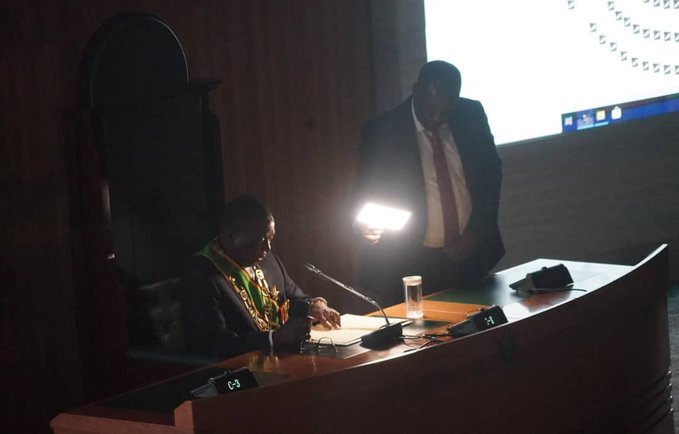


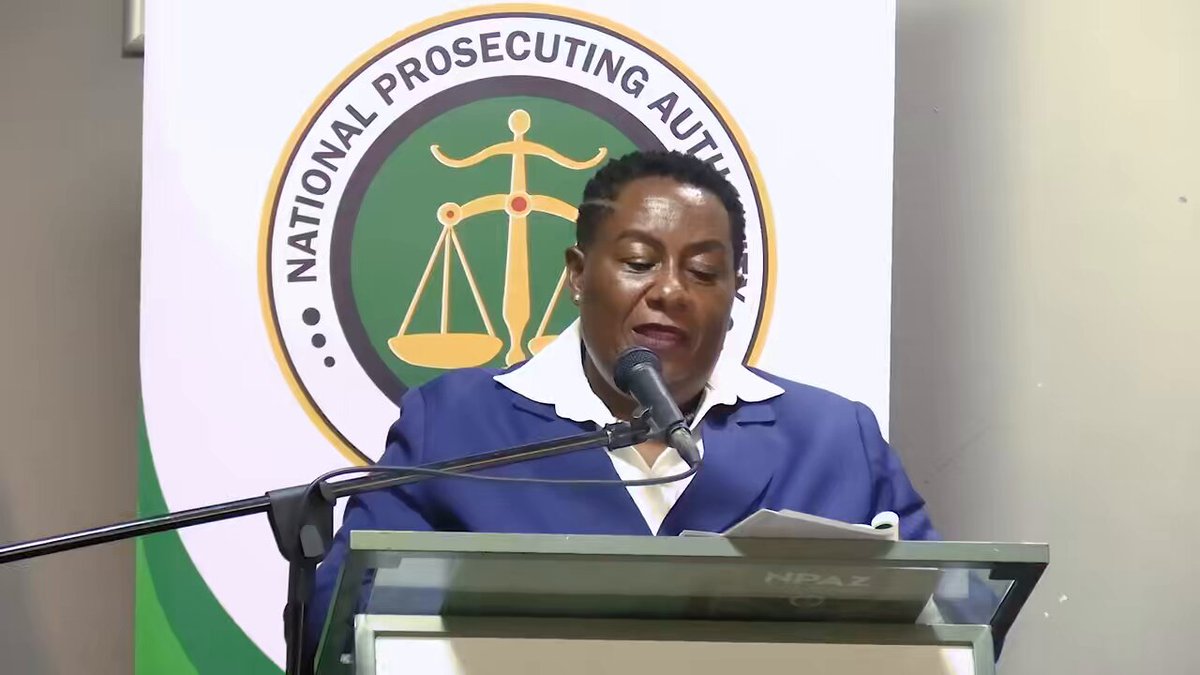


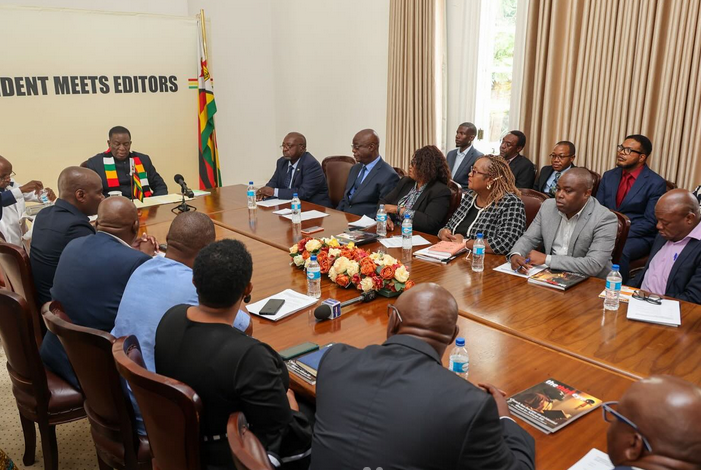
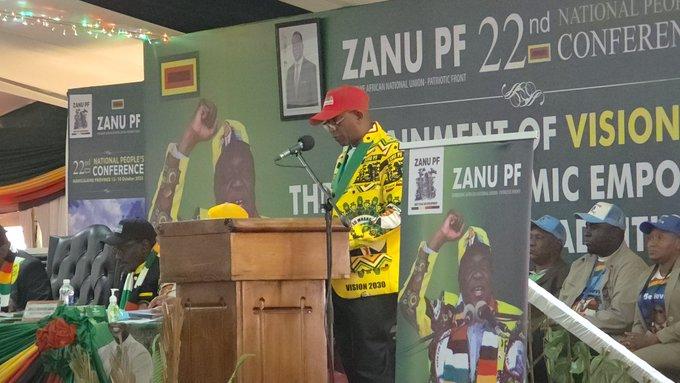
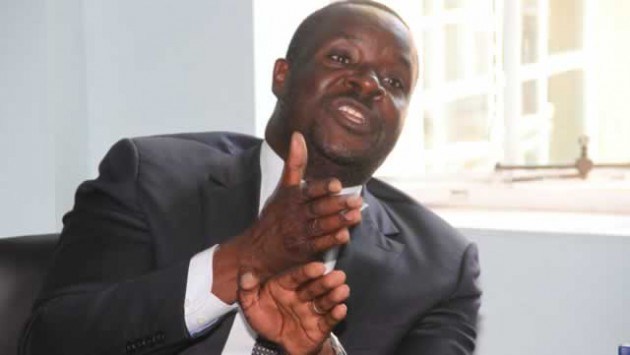

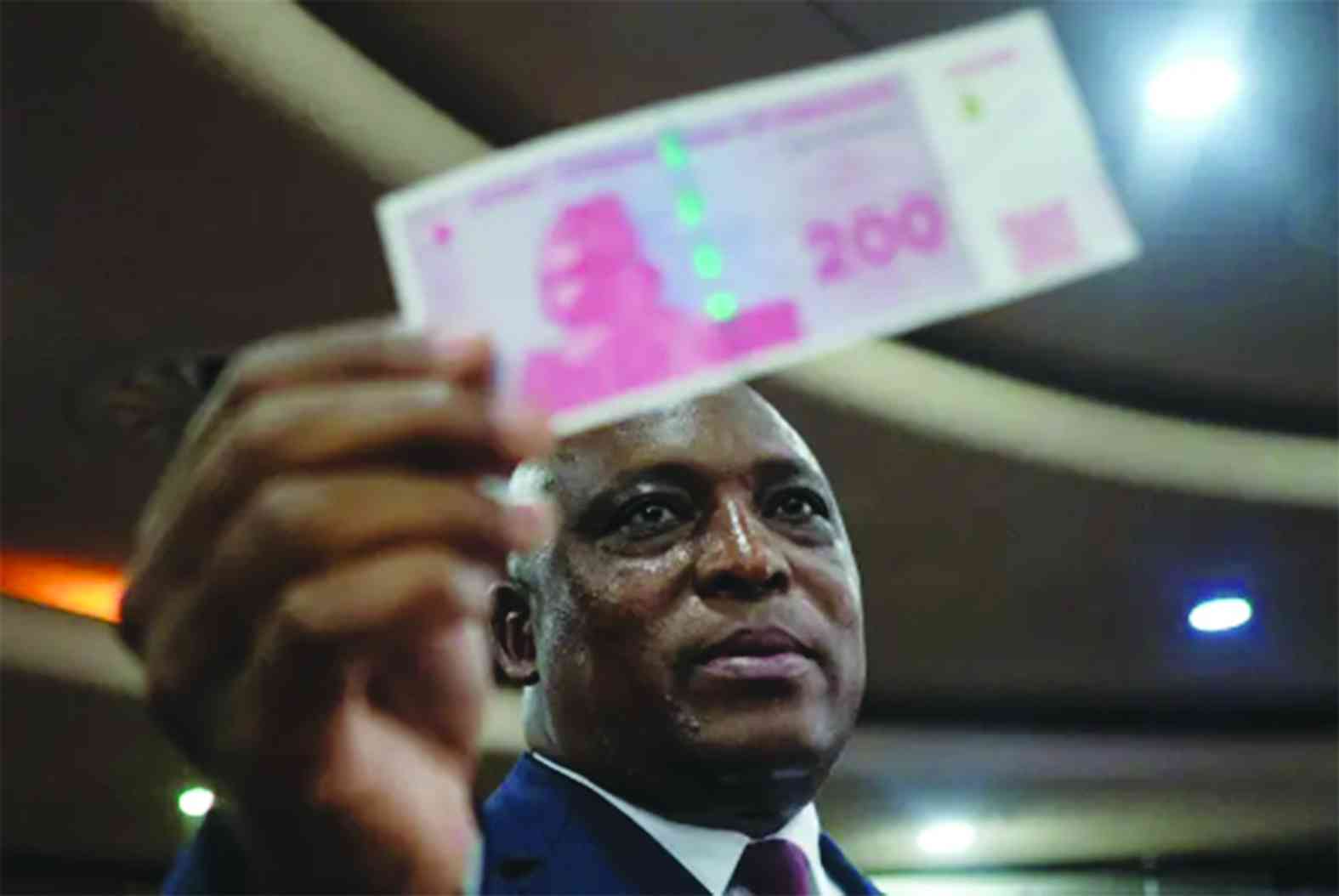
 Young Investment Professional (YIP) Graduate Programme 2019
Young Investment Professional (YIP) Graduate Programme 2019
Editor's Pick